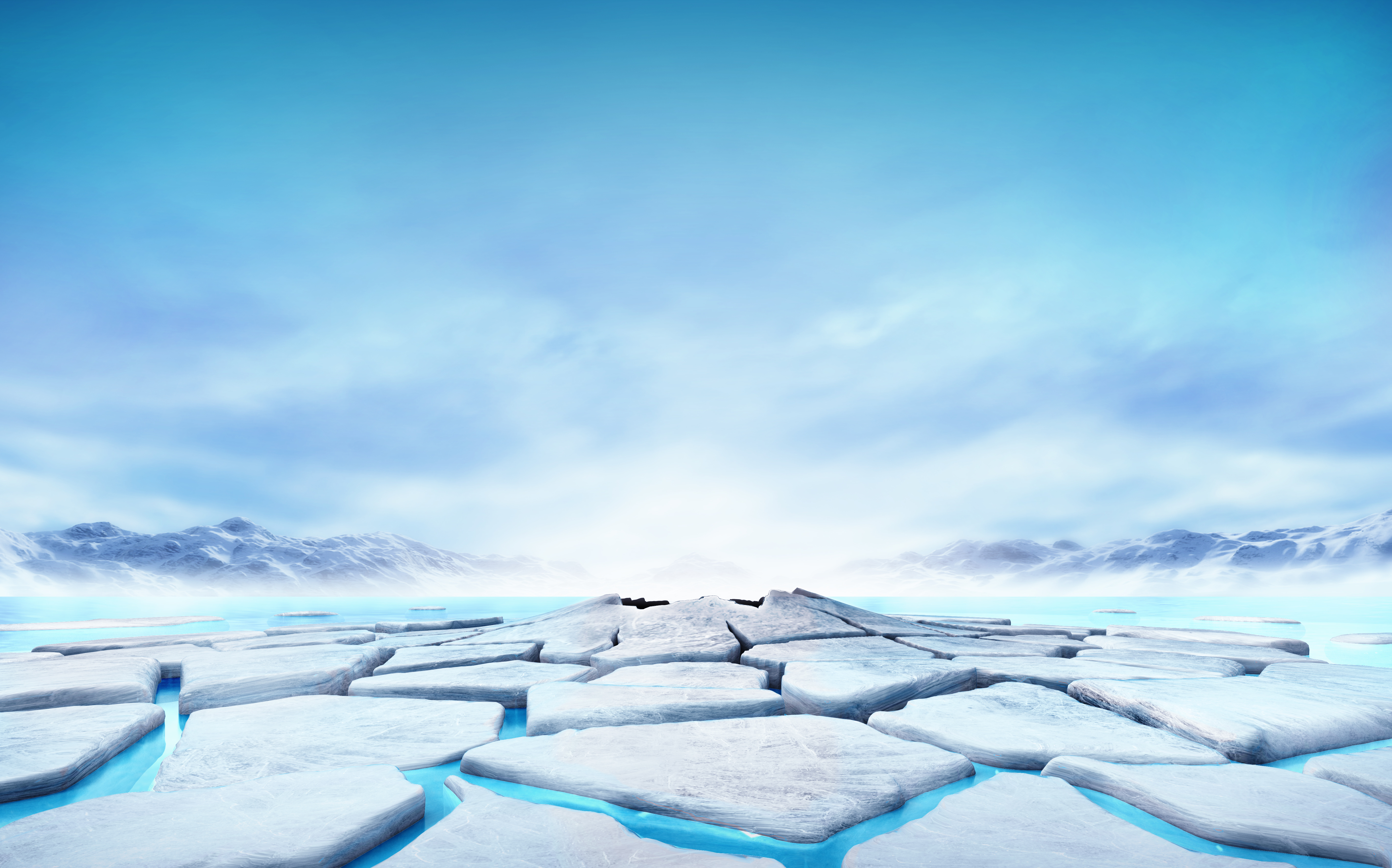Arctic Ice Melt Reveals Five New Russian Islands

By Mandy Froelich / Truth Theory
Global warming is exposing more than our species’ lack of regard for the environment. In recent weeks, melting glaciers have revealed five Russian islands in the Arctic region. As CNN reports, the islands were first spotted in 2016 by the Russian Navy via satellite imagery. The land masses were recently confirmed and mapped during an expedition in August and September 2019.
The smallest of the five unnamed islands measures 900 square meters. The largest island measures 54,500 square meters. Their emergence supports the UN’s warning that the period from 2015 to 2019 registered the most glacier loss of any five-year timespan.
“Mainly this is, of course, caused by changes to the ice situation,” said Vice Admiral Alexander Moiseyev, the expedition leader. “Before, these were glaciers; we thought they were part of the main glacier. Melting, collapse and temperature changes led to these islands being discovered.”
The new islands are located near the Vylki glacier, off the coast of the Novaya Zemlya archipelago, reports Inhabitat. Video footage captured by the Russian expedition shows seabirds, walruses, and polar bears already inhabiting the islands’ shores.
Because the ice melt has opened up sea lanes in the Arctic, they are now more navigable. This could have negative implications, primarily that the Arctic could become a much-contested natural resource center of oil, natural gas, mineral deposits, and even fisheries.
The frequency of ice melting is a glaring reminder that the effects of climate change are hitting sooner than expected. Due to the high output of carbon emissions, temperatures around the world are increasing. According to a September United Nations report, glaciers, snow, ice, and permafrost are diminishing “and will continue to do so.” Furthermore, Arctic sea ice has declined every month “and will get thinner.” The UN anticipates that approximately 70 percent of permafrost could be lost by 2100 if greenhouse gas emissions aren’t curbed in the immediate future.
What are your thoughts? Please comment below and share this news!
IMAGE CREDIT: Adam Vilimek

Leave Comment: